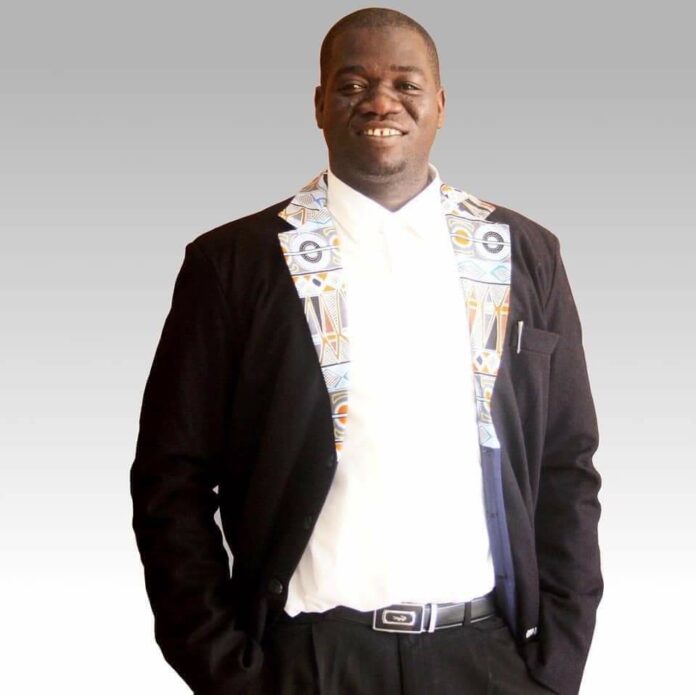OPINION
By Sainey MK Marenah, Former Head of Media and Communications, CRC
Four years after the Barrow government halted the progress of the new draft constitution, the efforts of the Constitutional Review Commission, which was established to draft a new constitution for The Gambia, have been left in a state of suspension.
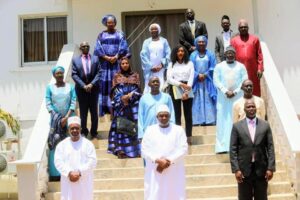
The draft was crafted to encapsulate Gambians’ collective will and aspirations, aiming to create a constitution that would endure over time and serve as a model for Africa and the world. However, the draft faced strong opposition due to a lack of political will and the National Assembly’s contentious attempts to amend certain sections, such as the term limit.
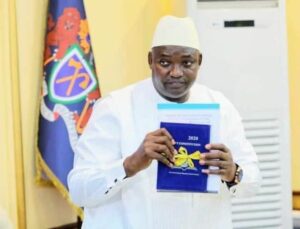
Lawmakers from the National People’s Party (NPP) argued that the draft was designed to target President Barrow specifically due to the term limit provision. Consequently, Parliament rejected the draft in September 2020, stalling progress and leaving the aspirations of many Gambians unfulfilled.
The irony is striking: President Adama Barrow, who once championed the creation of a new constitution as a cornerstone of his campaign and established the Constitutional Review Commission (CRC) in June 2018 to undertake a comprehensive review of the 1997 Constitution, ultimately played a role in stymying the progress of this very initiative.
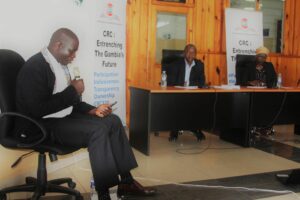
The CRC was tasked with drafting a proposed constitution that would be subjected to a referendum to usher in the Third Republic for The Gambia. However, when the draft constitution faced opposition in the National Assembly, it was widely believed that President Barrow manipulated his lawmakers to reject the draft, primarily due to contentious clauses like the term limit that would have affected his political career.
Years of advocacy for the revival of the draft constitution have finally borne fruit. On Wednesday, August 14, 2024, the Ministry of Information issued a statement confirming that the draft has been gazetted and will soon be presented to Parliament for review and approval.
As someone deeply involved in the constitutional building process, serving as the head of media and communication, I can attest to the inclusivity of the CRC’s efforts. The process was unparalleled in its openness, providing Gambians both at home and abroad with extensive opportunities to participate in crafting a constitution that truly reflects their collective will and aspirations.
The CRC’s inclusive approach ensured that every voice could be heard, making the draft a genuine representation of the people’s desires for The Gambia’s future governance framework.
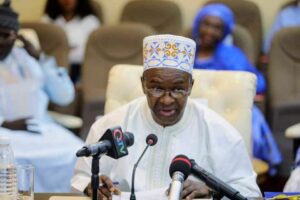
Now, with the draft back on the legislative agenda, there is renewed hope that the aspirations of the Gambian people will finally be realized, leading to the establishment of a constitution that upholds democratic principles and stands the test of time.
Indeed, the rejection of the draft constitution primarily stemmed from President Barrow’s desire to remain in power beyond the constraints that the new constitution would have imposed. The draft included mechanisms specifically designed to prevent the perpetuation of one-person rule, a direct response to the excesses of former President Jammeh, who notoriously amended the 1997 Constitution more than 50 times without public knowledge or consent.
As we celebrate the draft constitution’s return to the legislative agenda, it is crucial to recognize the missed opportunities and the current challenges our beloved country faces due to the absence of these much-needed reforms. Had the draft been accepted initially, The Gambia might not have grappled with the same political and governance issues perpetuating a lack of accountability. The current constitution’s lack of term limits has allowed indefinite rule, undermining democratic principles and leadership accountability.
It’s also important to acknowledge that President Barrow planned to extend his stay in power. If the draft constitution had been adopted, it would have counted his previous terms, thus limiting his tenure. This was a significant factor in the opposition to the draft, revealing the lengths some leaders would go to maintain their grip on power.
Gambians must indeed wake up and hold their leaders accountable. The return of the draft constitution offers a renewed opportunity to advocate for a governance framework that reflects the people’s will, ensures term limits, and promotes transparency and accountability. This is a critical moment in our nation’s history, and it is incumbent upon all of us to remain vigilant and engaged in the political process to ensure that our leaders serve the people’s interests rather than their own.

